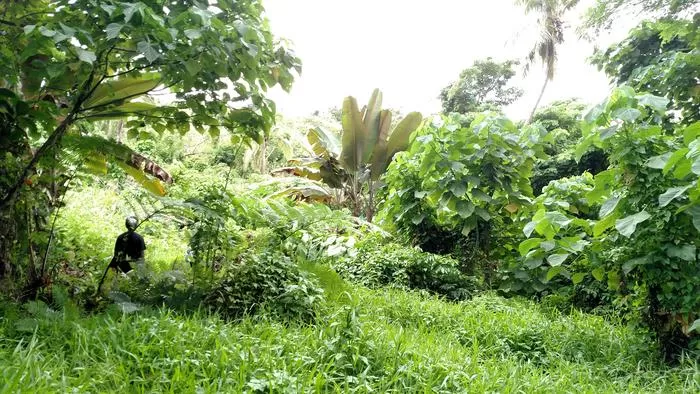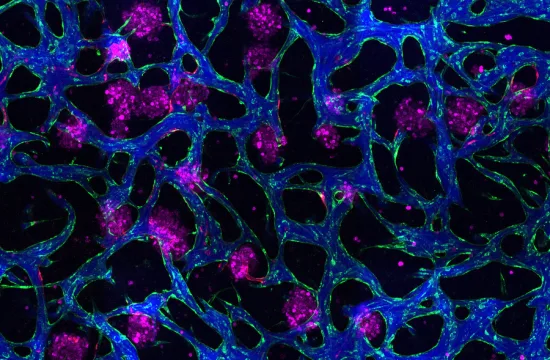
Honolulu—A recent study led by researchers from the University of Hawaiʻi at Mānoa has found that Indigenous agroforests—dynamic systems where trees and crops grow together—hold significant promise for addressing two pressing global concerns: biodiversity loss and non-communicable diseases.
Published in Global Food Security, the research examined 48 Indigenous agroforests in Fiji using a trait-based approach to measure ecological and nutritional diversity. Findings reveal that ecosystems rich in plant traits associated with environmental resilience also support a wider array of essential nutrients for human health.
Ecological Diversity Equals Nutritional Strength
By analyzing plant traits such as seed dispersal methods, growth height, and nutrient profiles including vitamin A, zinc, and carbohydrates, the team found that agroforests with higher ecological diversity also offered more nutritionally robust food sources. These biodiverse systems, which mimic natural forests, contrast sharply with modern agriculture’s focus on monocultures and yield efficiency.
Lead author Ashley McGuigan emphasized the potential of agroforestry systems to support climate-resilient and nutrition-sensitive farming. “Fiji’s agroforests highlight the role of biodiversity and local knowledge in creating food systems that can respond to climate change and support community health,” said McGuigan, faculty at UH Mānoa’s CTAHR and School of Life Sciences alumna.
Valuing Indigenous Knowledge Systems
The study also underscored the importance of Indigenous knowledge and stewardship. The Fijian agroforests studied are maintained through place-based, multi-generational practices that have supported resilience across centuries. Researchers argue that these systems are vital for transitioning to food production methods that safeguard both ecosystems and human well-being.
“Our findings support stronger investment in Indigenous and agroecological food systems globally,” said McGuigan. The team advocates for trait-based design tools to support resilient agriculture and calls on policymakers to recognize the deep link between environmental and public health.
Research Team and Support
The multidisciplinary study was supported by the National Science Foundation, the Fulbright Program, and UH Mānoa. Contributors include Tamara Ticktin and Rachel Novotny (UH Mānoa), Veniana Tikonavuli and Unaisi Vuli (University of the South Pacific), and Abrania Marrero (Harvard University).
Vuli highlighted the broader implications: “Food production is central to Fiji’s economy and rural livelihoods. Supporting Indigenous practices strengthens resilience against climate and economic shocks while enhancing food security.”






